∴American Loot // American Colour∴
I visit America about once every two years. My wife’s family lives there, and we like to spend Christmas there when we can. I grew up pretty heavily influenced by American culture. The movies I first loved, the music I listened to as a kid (and never grew out of) - much of it came from the American west coast. And threaded through all of it was my love of the country’s greatest export: skateboarding.
Now that I’m a little older, I can see how these influences have bled into parts of my life, and of course, my photography.
I usually try to pick up a few books and records when I’m in the States, things that would be tough to come by in Seoul. At one point during the trip, as our room became more cluttered by my retail therapy, I noticed that in one way or another, pretty much everything I’d bought reflected something that either shapes my photo practice, or something I hope my practice shows.
That might sound a little odd, so here’s some examples of what I’m talking about.
Skateboarding
I got my first skateboard for my 8th birthday, and grew up watching my older brother’s collection of ‘80s VHS skate videos - Shackle Me Not, Hokus Pokus, The Search for Animal Chin. The thing I love about this era of skateboarding is its clear celebration of skateboarders’ outsider status. Skateboarding was not cool, and those who did it were united by the very fact that they were misfits.
With decades of gradual secularization skateboarding has been absorbed into the mainstream, making it accessible to millions (which is great!) and somehow less interesting1 (not so great). That’s where Jenkem Magazine steps into the mix.
Jenkem picks up on that outsider quality in skateboarding that I love (and that I think is a key part of the photography experience for so many of us), and discusses it with a refinement that connects with a contemporary audience. The source of the mag’s name is enough to declare their cred as sticking true to the immature weirdos of skateboarding’s yore, but they’ve nevertheless developed into a powerful communicator of how skating’s values lie in its eccentricities.
Staying true to why you first loved something is at the heart of Jenkem’s approach to talking about skateboarding, and it’s something I try to live up to when I photograph. My first photographs weren’t good, but I loved running around my hometown making them for no reason external to myself. I felt like an oddball and a misfit, the way I think pretty much everyone does, but photography gave me this communion with whichever place I was in, made me look for the potential in it, and gave me a sense of connection like the one I owed to skateboarding. It’s not the outsider part of skateboarding and photography, but the unity that they conjure that I think is so great and worthy of celebration.
Music
Along with my first skateboard, it was at 8 years old I heard my first punk record2. Nearly 30 years later I still listen to punk almost every single day.
There’s a lot I like (and don’t like!) about punk as a movement, but the heart of the music for me has always been this sharp tension between confrontation and communication. My favorite punk music has always paired aggression and combativeness, and kind of a moral cadence to the lyrics, with fast, toe-tapping melodies - as a listener you’re getting pushed away and pulled in at the same time. There’s something of this push-pull tension I try to emulate in my photographs. I want them to be accessible without being saccharine, tough without being jerks.
Among the records above I want to make a special mention. I’ve read Fucked Up described as an indie band with a hardcore vocalist, and that’s probably about right. What I’ve learned from their approach to music making is how they go about making records.
They’re fearless when it comes to putting out records: one may have each part recorded in a day, another only available for a day. This record over here is a conceptual rock opera with unreliable narration, that one’s actually a bunch of EPs based on the Chinese Zodiac. Why not throw a score to a 1928 silent film in the mix? I find this willingness to continually adapt and repackage their very consistent sound thrilling. Fucked Up have done away with a lot of the prior assumptions about how to put out music, and it’s opened my mind as to how I should think about putting out my photos. I was listening to a lot of the Zodiac series when I started working on Serial Music3. This willingness to challenge the accepted standards, to put out a lot and reconcile consistency with experimentation has been a great influence on me.
Nerd Shirts
I picked up two very nerdy shirts while in America. The first is your standard music-nerd shirt.
Papa M is a guitarist and singer who’s never seemingly received a lot of widespread recognition, but has never let that stop him from making music that feels entirely like it’s his own. His songs belong to a few different genres, but they don’t feel like they’re made with those genres’ distinctions in mind. There’s something valuable in this idea I want to be an influence on my photos. Street photography is great, but what makes those early street photos so powerful is that they were made without the preconception of what makes a good street photo. Its easy to find photos now where all the bits are in the right places but that nonetheless leave you cold. Producing imagery that means something to you, and that only happens to mesh with an established category, will almost always make it more powerful than if your starting point is fitting into the category’s distinctions. This realization is just one of the many gifts I’ve received from listening to Papa M’s beautiful music.
The second shirt splits its nerdiness between my above-mentioned punk addiction and the taste I’ve developed for art film esoterica.
The Black Flag logo probably doesn’t need an introduction, but Béla Tarr might. He’s one of my favorite directors, and in my opinion his films are among the best ever made. I’ve heard him described as the progenitor of miserabilism in film, and that’s probably not far off. But what that dubious honor fails to articulate is how his direction is so rich and intelligent that he seems to bend time to his will, imbuing his films with a kind of perpetual sense of the current moment. It’s fertile ground for his cosmic themes and philosophy to work on the viewer.
I could continue being a living paean for his work, but I’m writing here about the t-shirt. The thing I like about it is a reminder that what makes people unique is not so much their tastes, but what manifests from the intersection of their tastes. The day I saw this shirt somewhere online was a day I felt a little less alone in the world, for out there was someone like me. Jokes aside, I try to bring the gamut of my influences into my photography, because I believe it’s the only way I’ll make something that feels special, like I’m the only one who could have made it, whilst still resonating with a kind of familiarity for those who see it.
Photo Books
Before I seem too Red White and Blue-pilled, the last few items I was able to pick up were photo books, and not one of them were American. But one of the things that made me so interested in the U.S. as a kid was this sense that you could get anything you wanted there. Durban, South Africa - not so much. So while these books don’t speak to America’s influence on me per se, they do maintain this sense I have of the country being a place where all things feel available.
As I plan to make a few more photo book related posts this year, I’ll save the discussion of these for another day. I’ll end off this newsletter with a few images from the trip, shot around LA and San Diego. Maybe you can see something of what I’ve written above in them, maybe not. Either way, as good as it was to travel there, it’s great to be back in Seoul.
I’m curious, and would love to hear from you: Do you feel like you grew up under the influence of a country other than your own? If so, which country and how did it influence you? Please drop me a line below~
Cheers,
Chris
To me. So much talk around skateboarding now seems interchangeable with other aspects of pop culture. The word over pancakes the other day was that this skater was dating that celebrity. The biggest slugger in the skate media space runs an annual competition to pin down that year’s best. I guess I just grew up when what was rad about skateboarding was that it was weird, this waste of time that is better than anything else, and weirdness can’t be quantified. And that’s what makes it great!
Millencolin - For Monkeys
Update soon, promise!


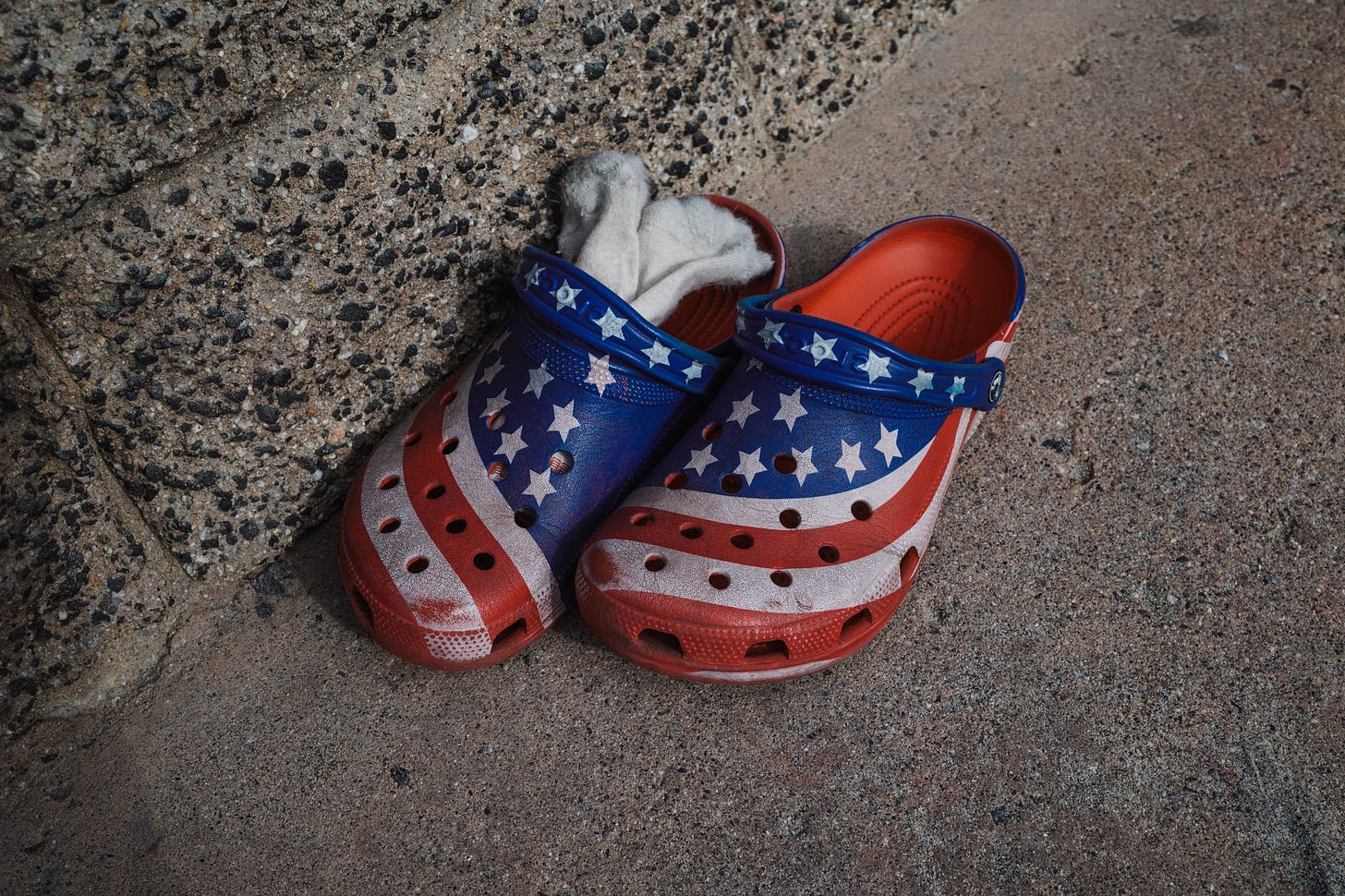
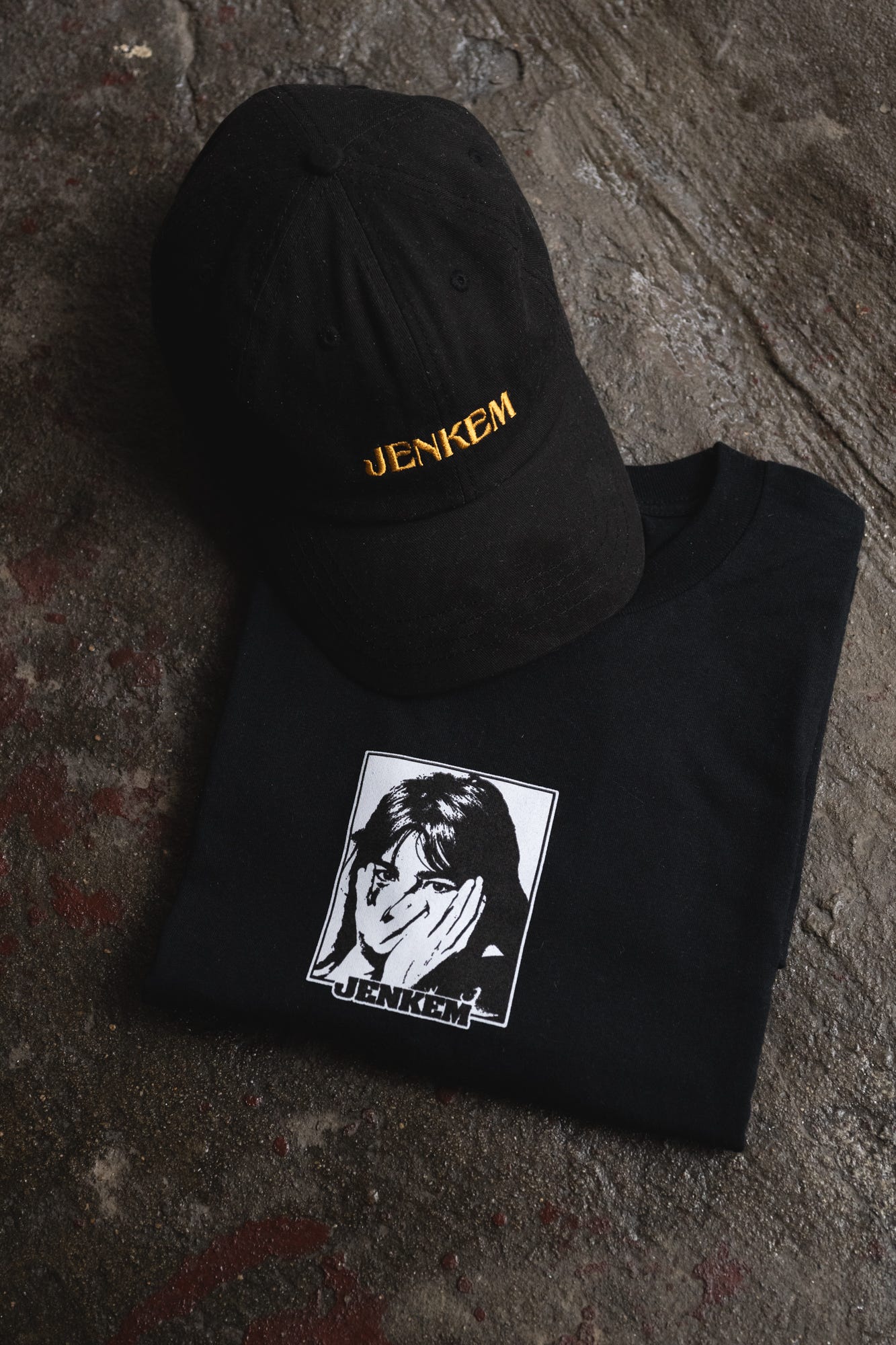
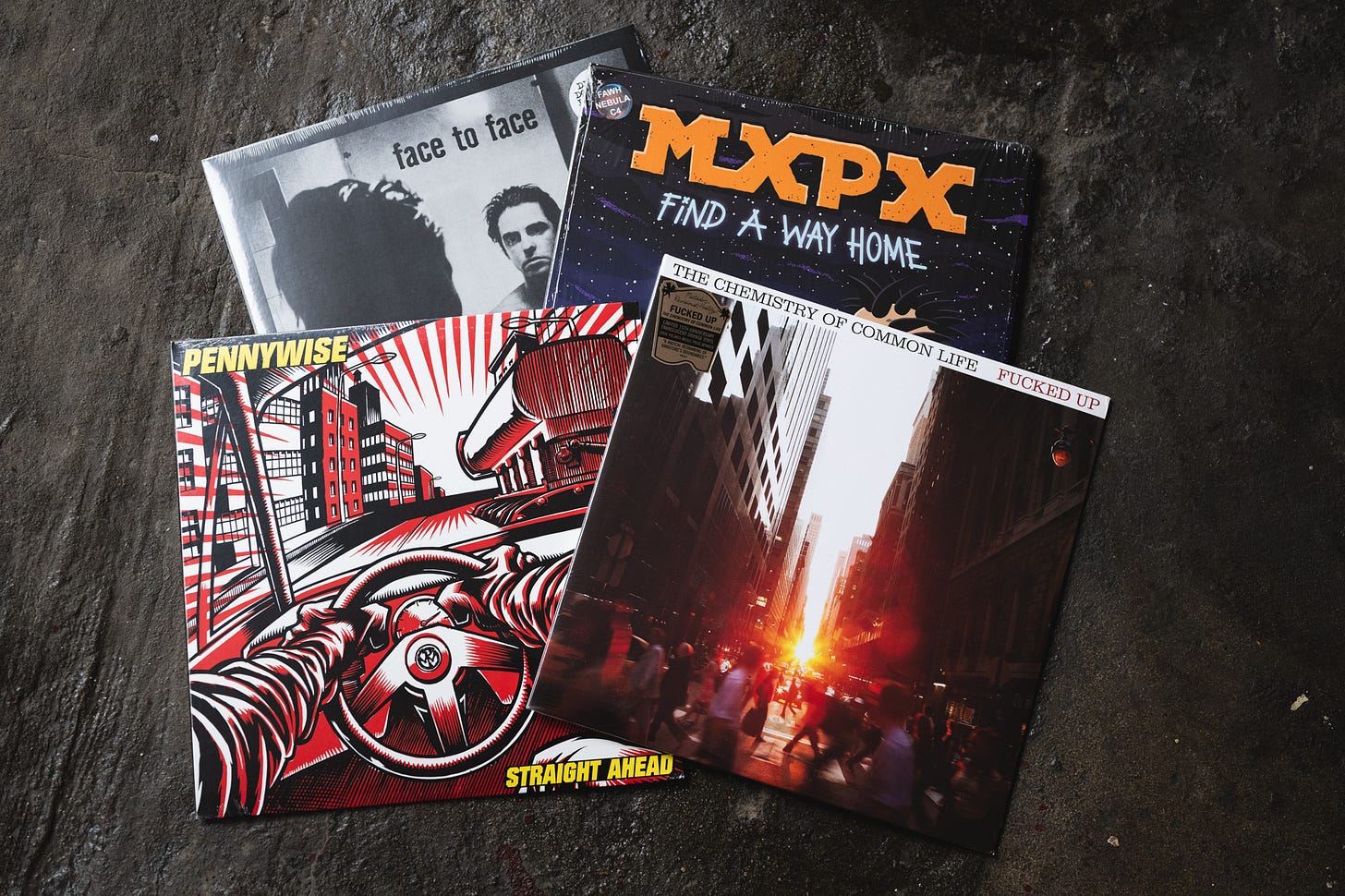
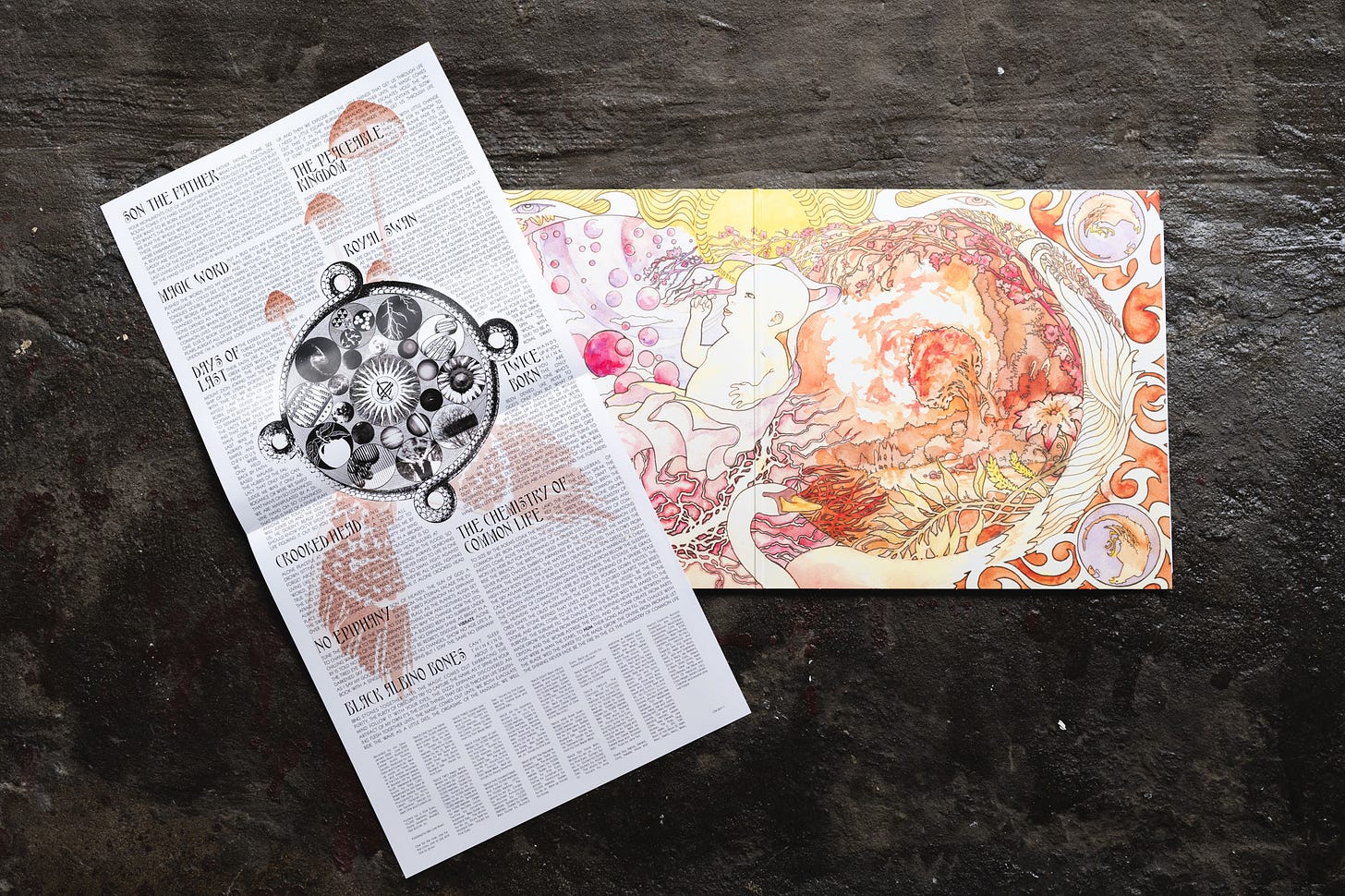
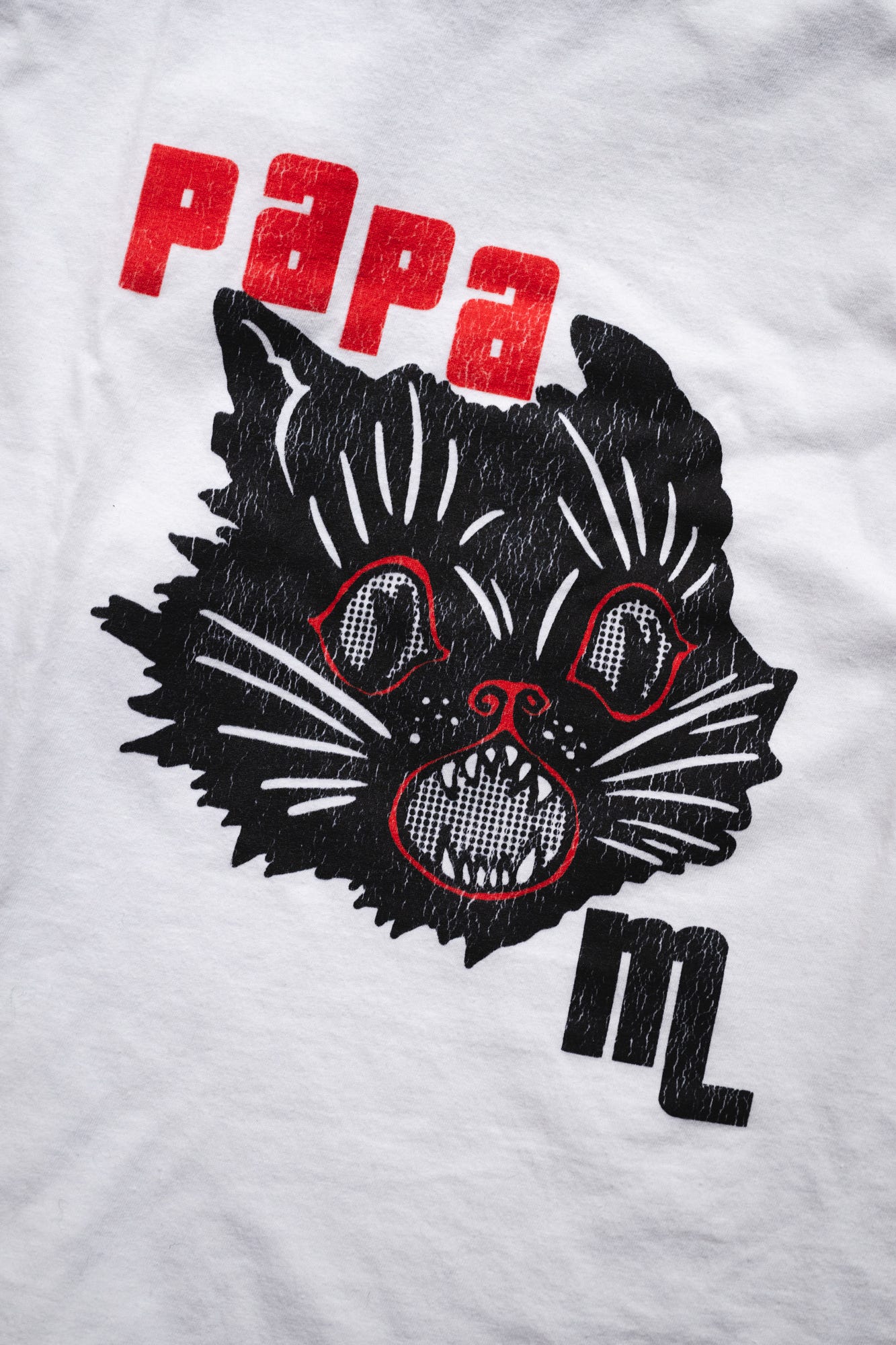
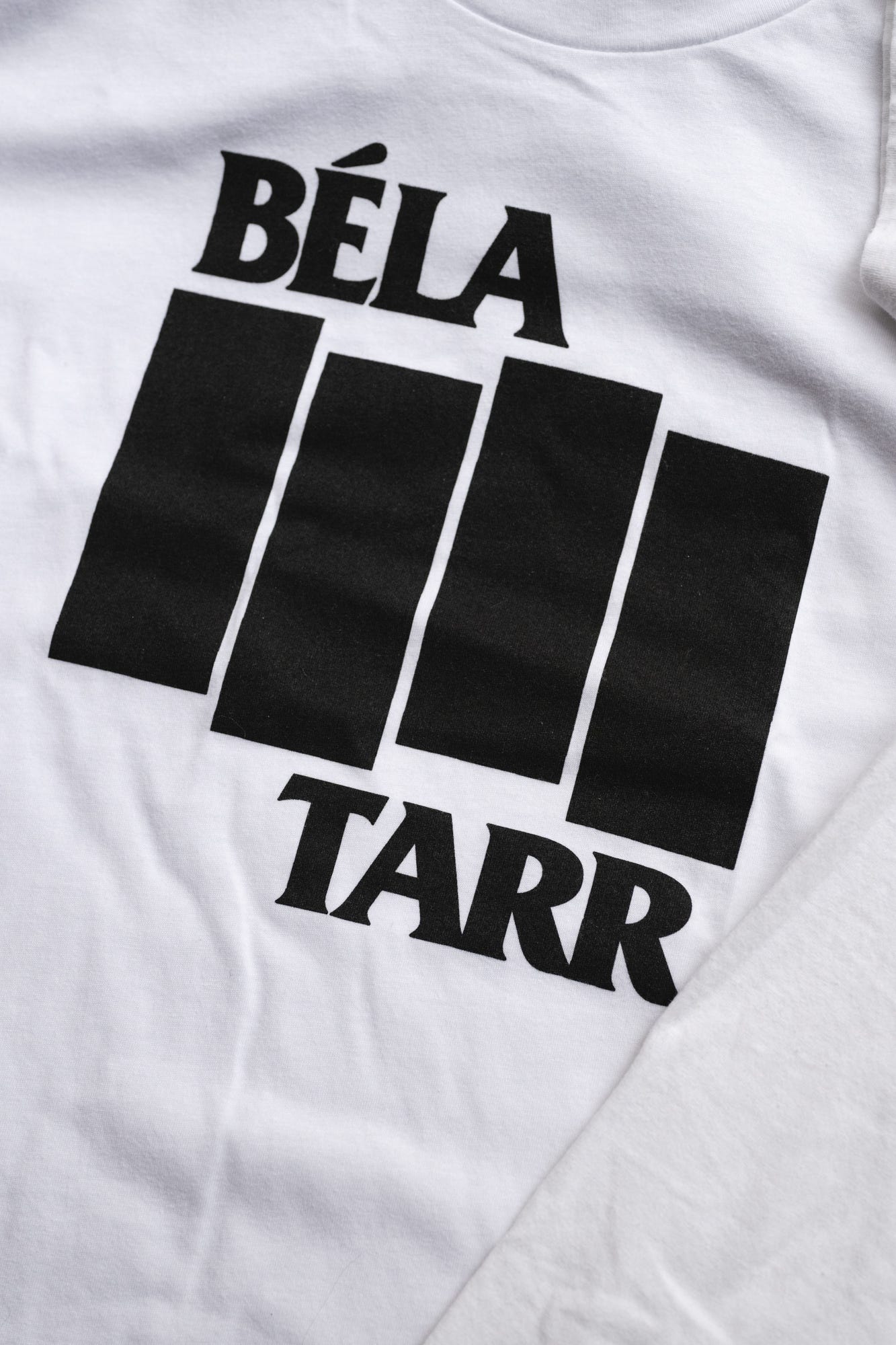
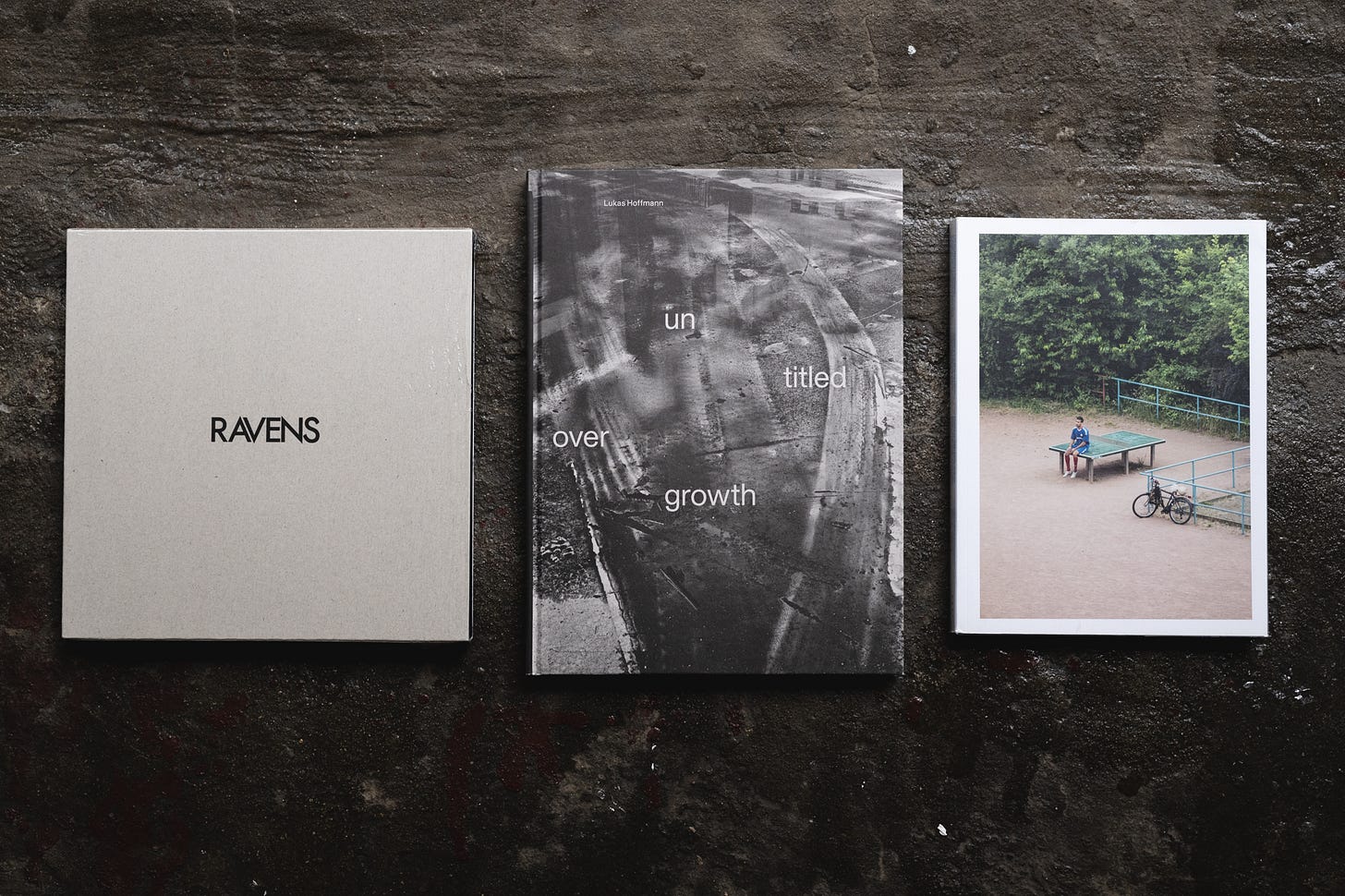
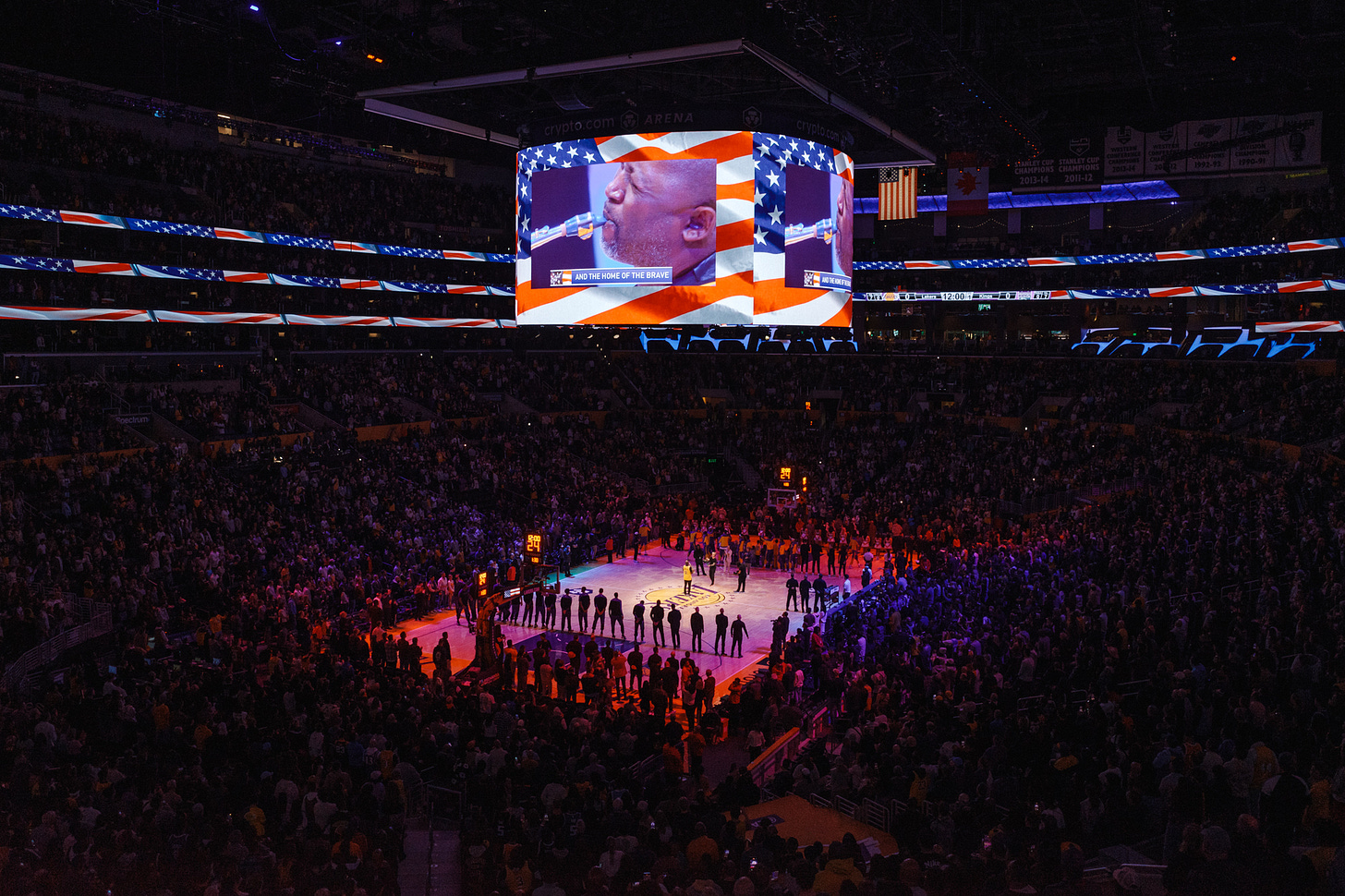
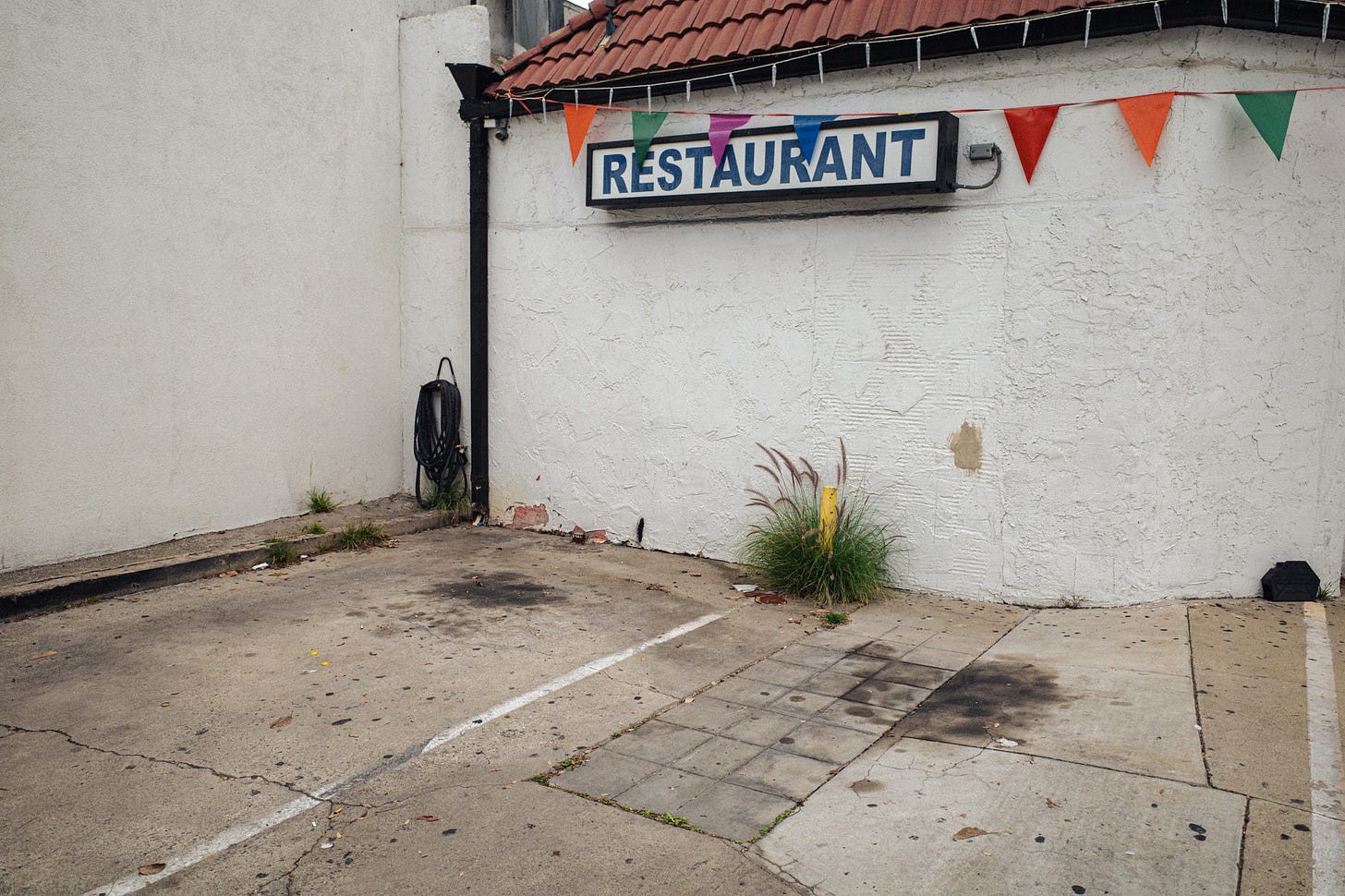
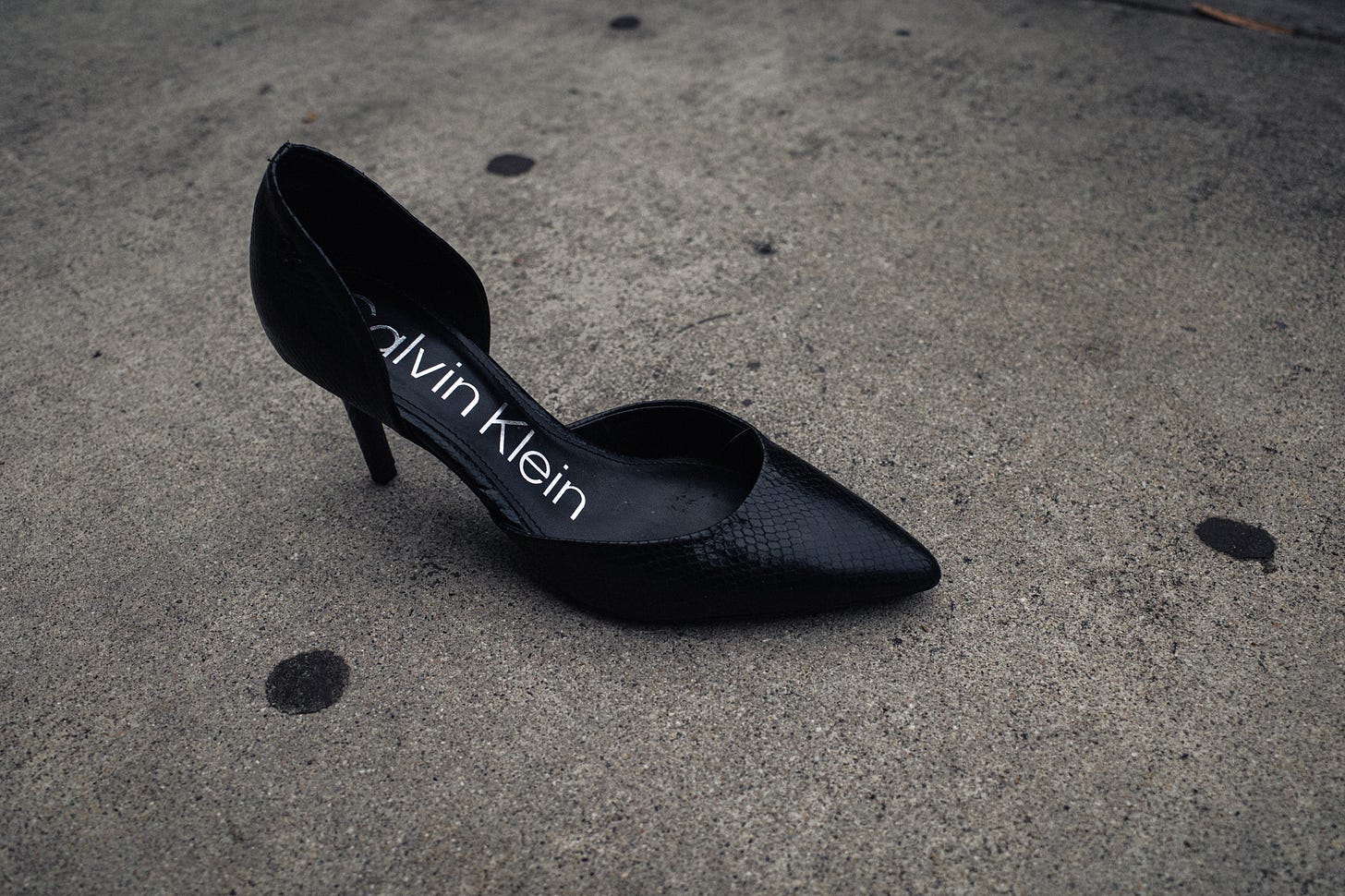
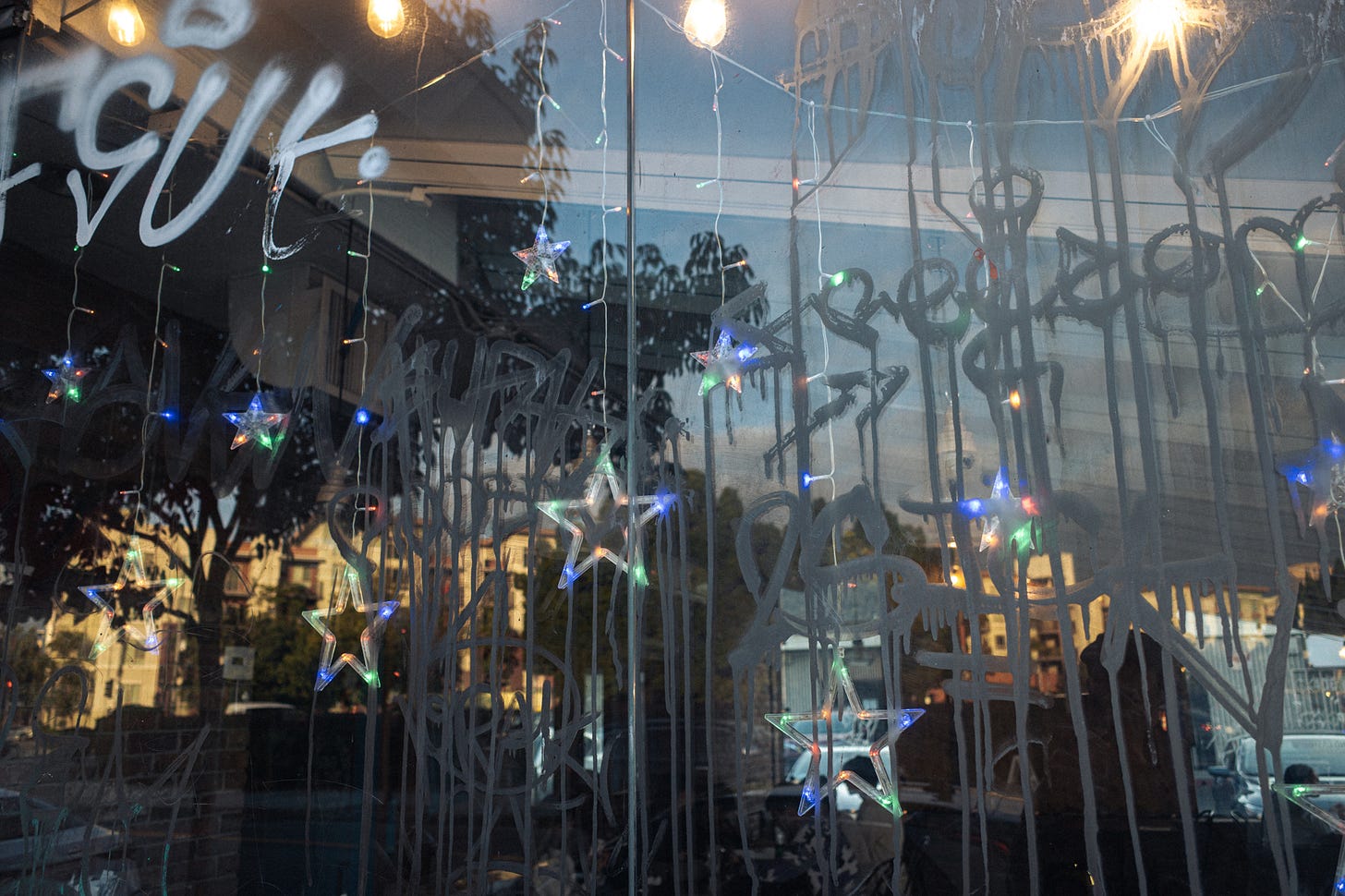
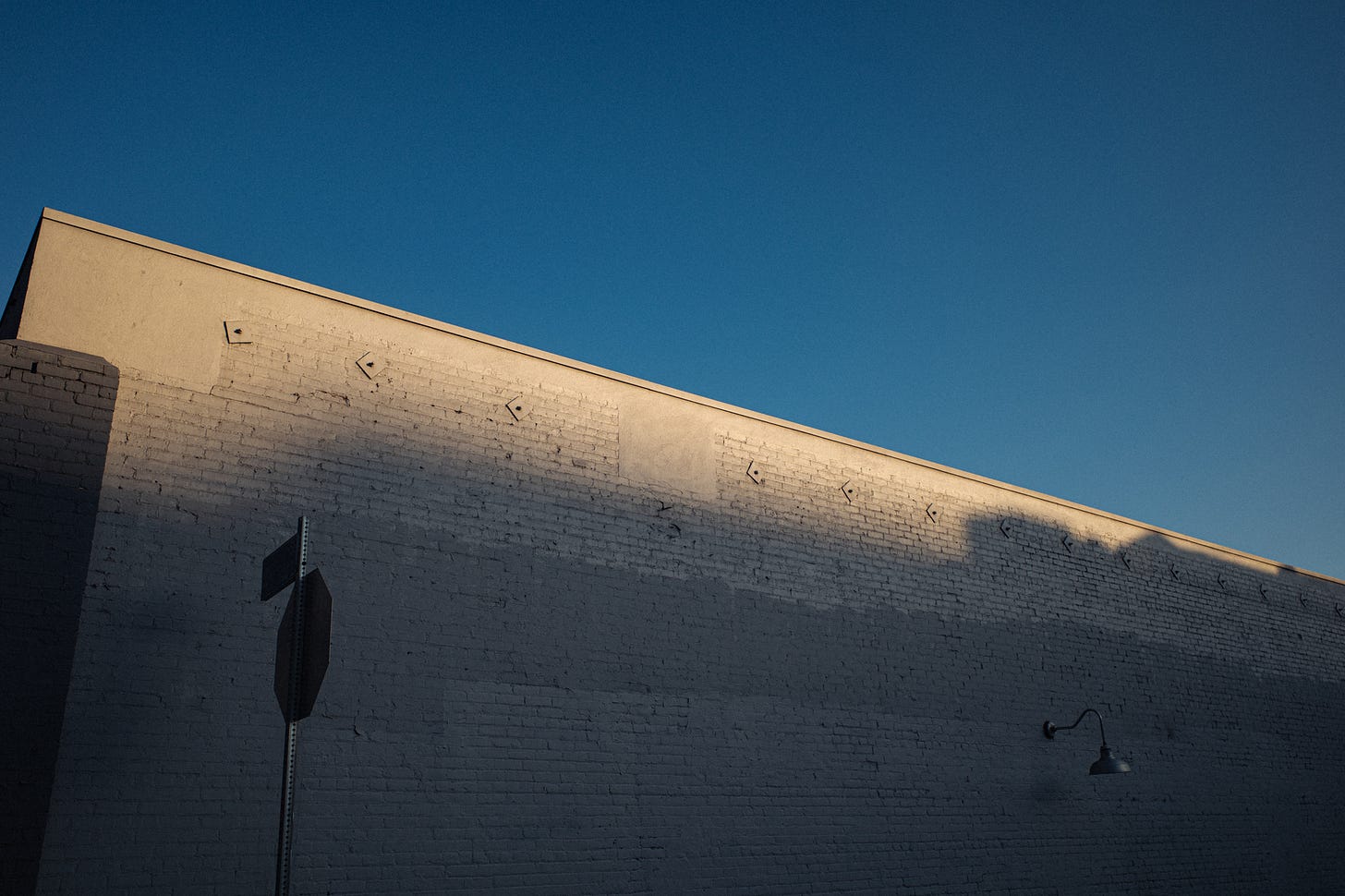
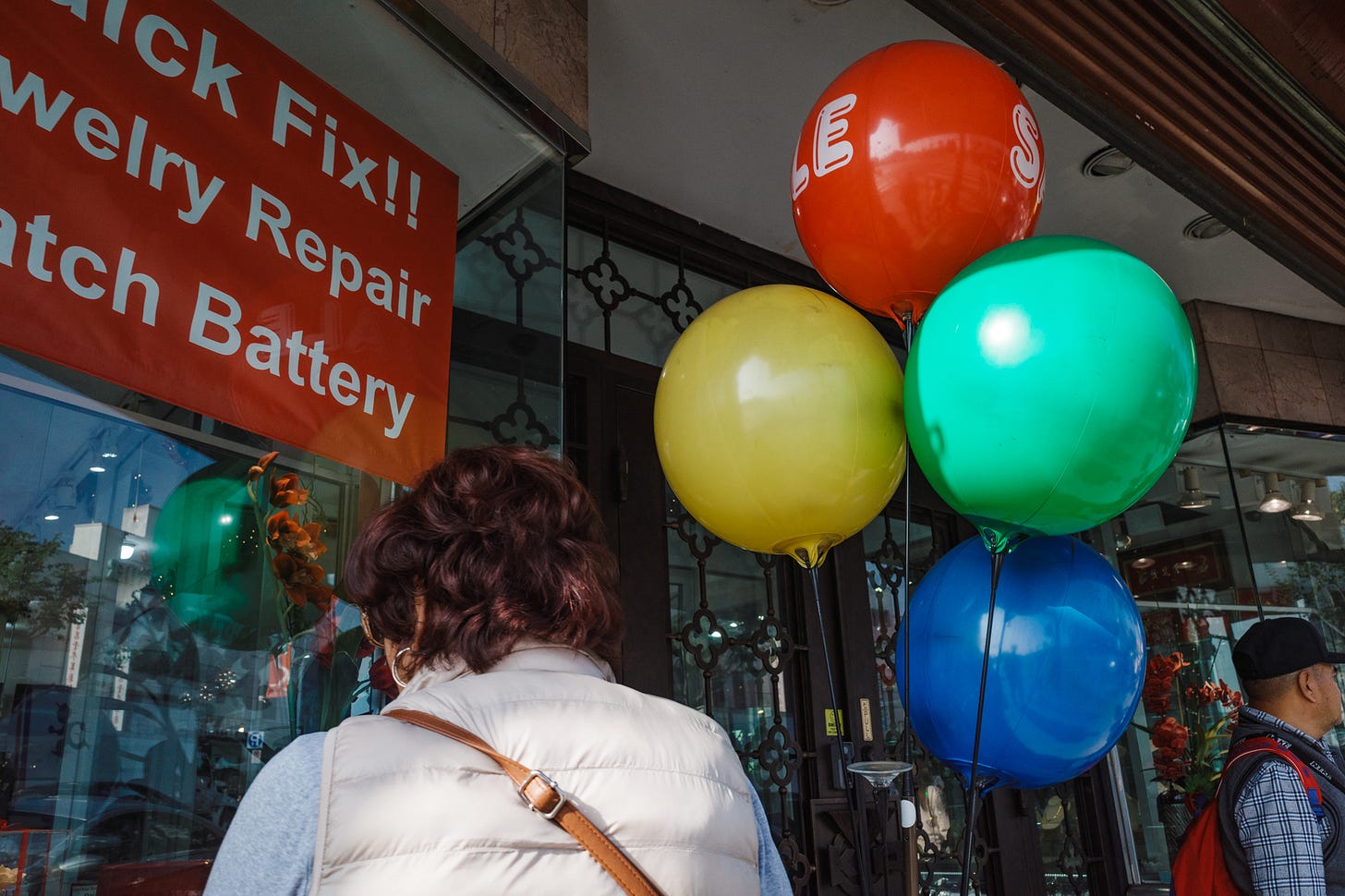
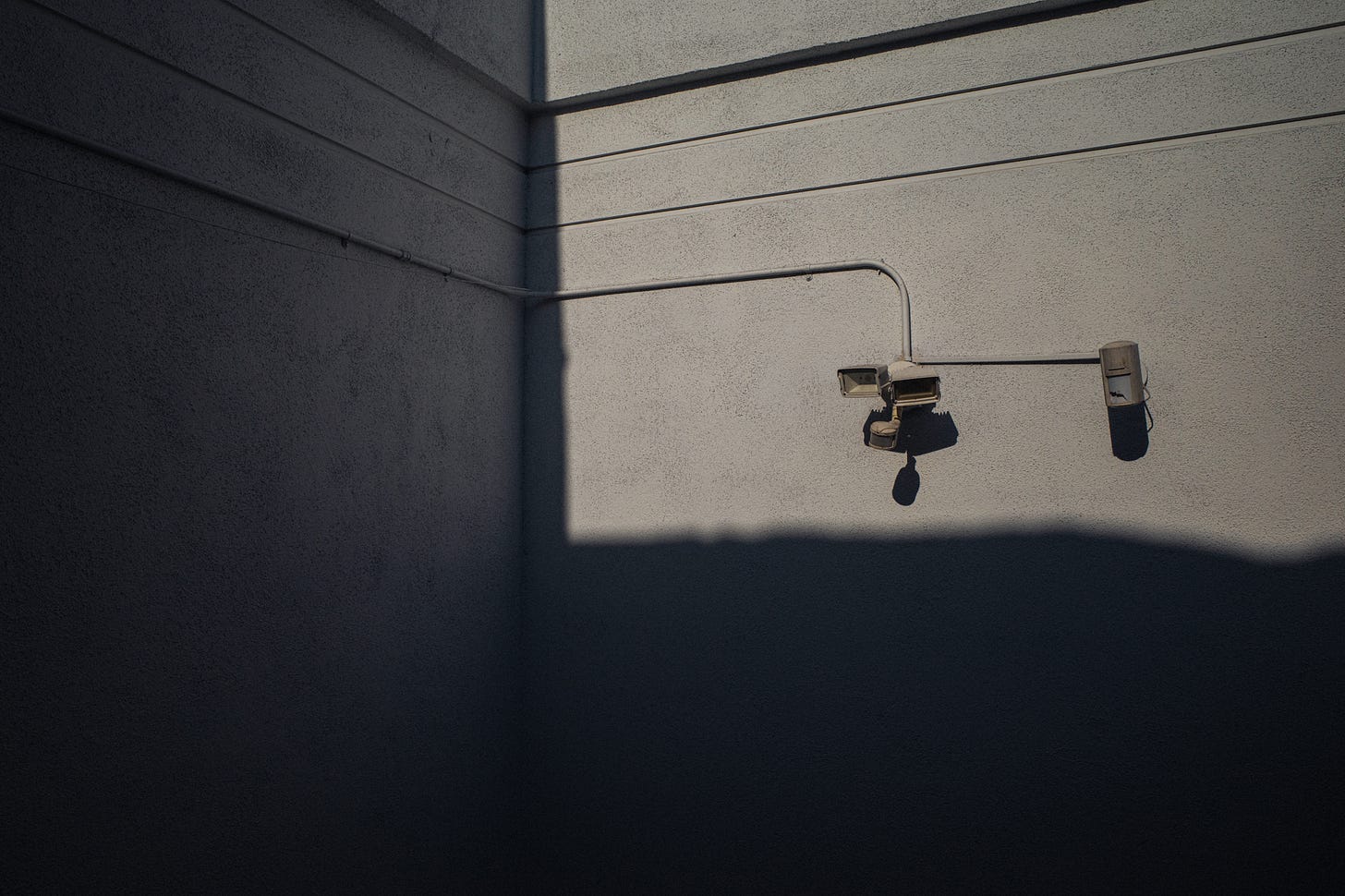
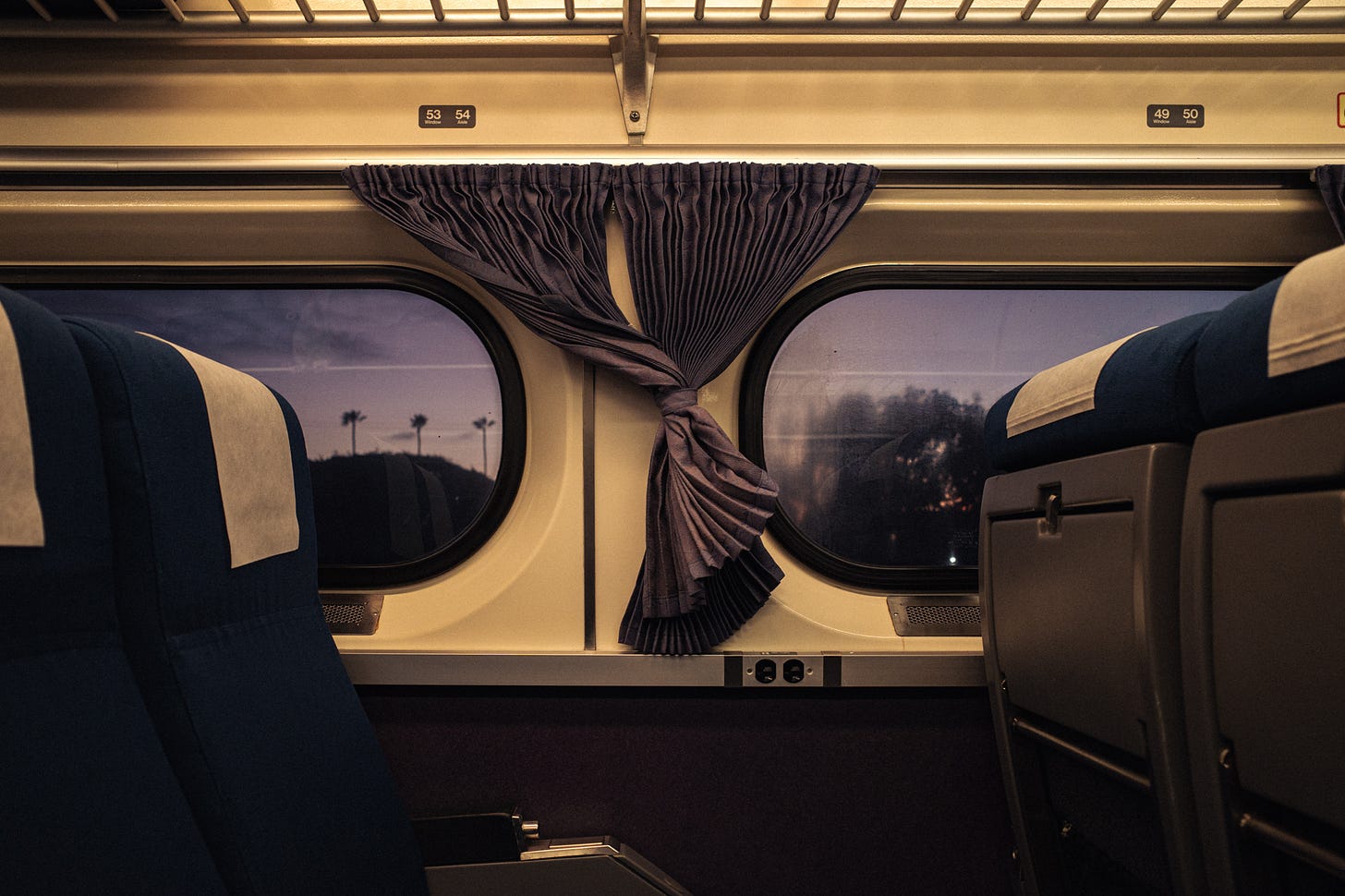

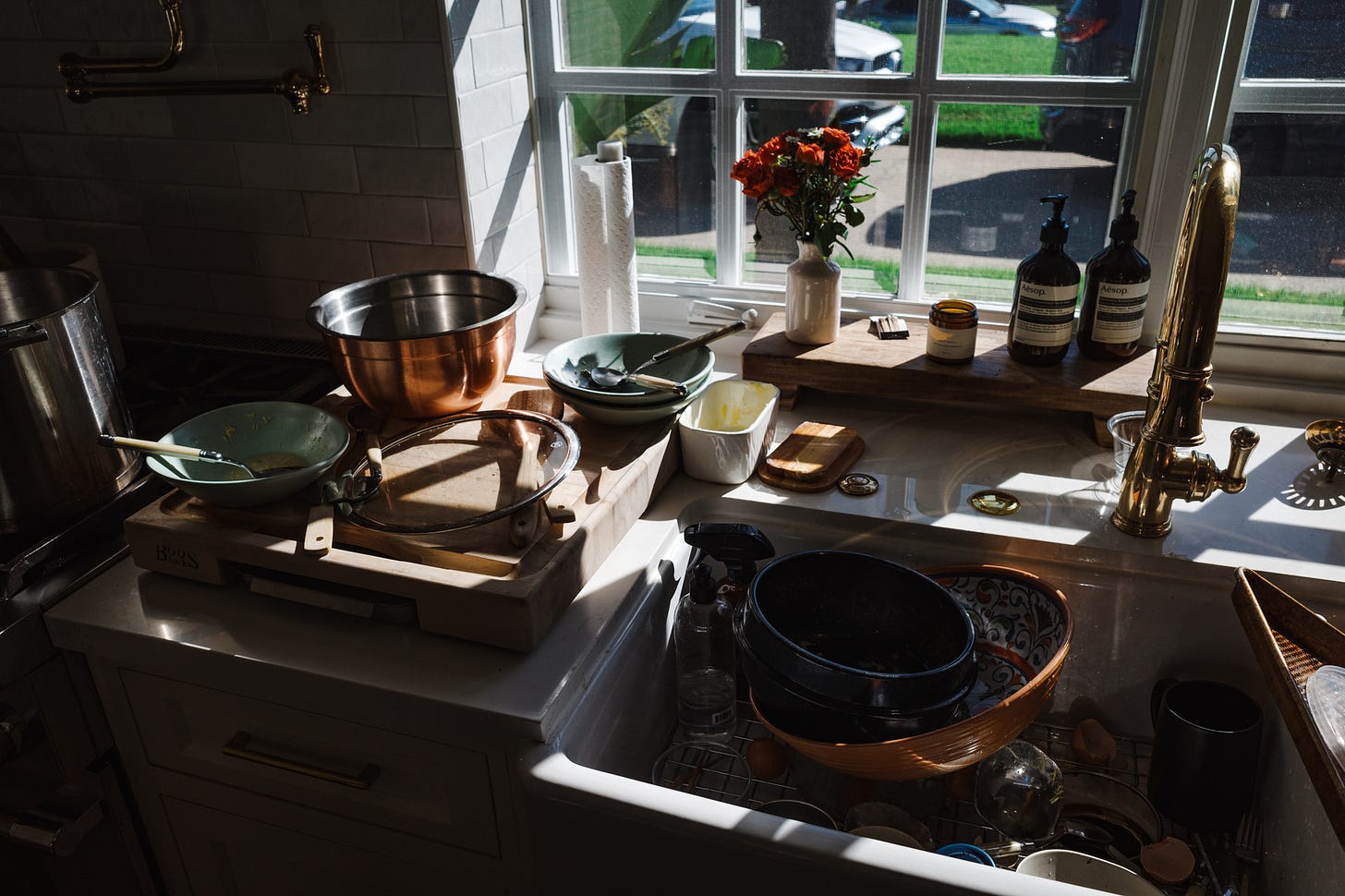
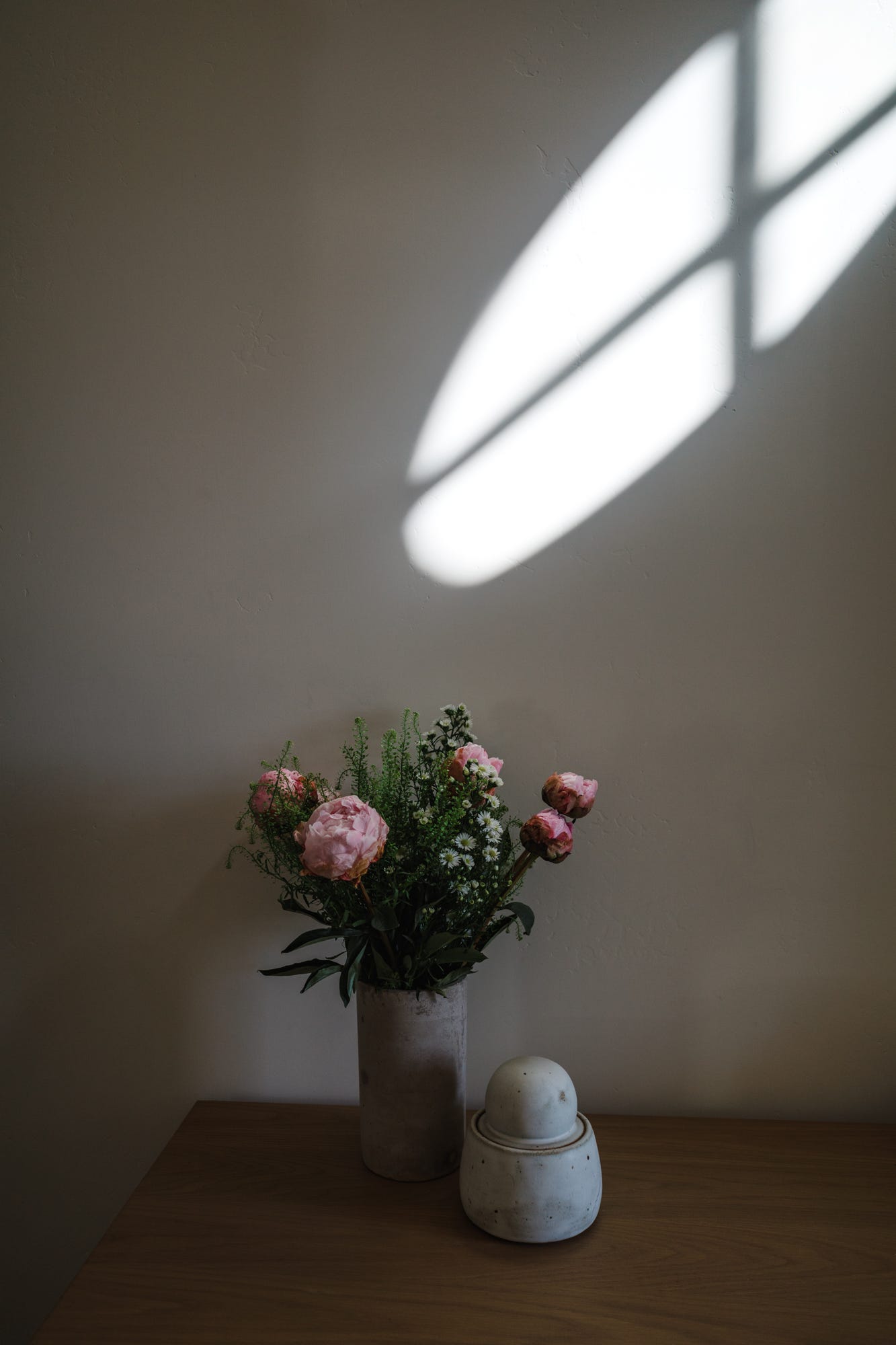





I'm glad you had a good visit! Reading this gave me a chance to think about the United States in a more positive light than I have in some time, so I appreciate that.
As for me, it's the dog in the van.
I love the train photo but they are all really good photos. I grew up mostly in the U.S. but my mother's family is from Colombia. I spent 5-6 weeks every summer there, so it's my second home.